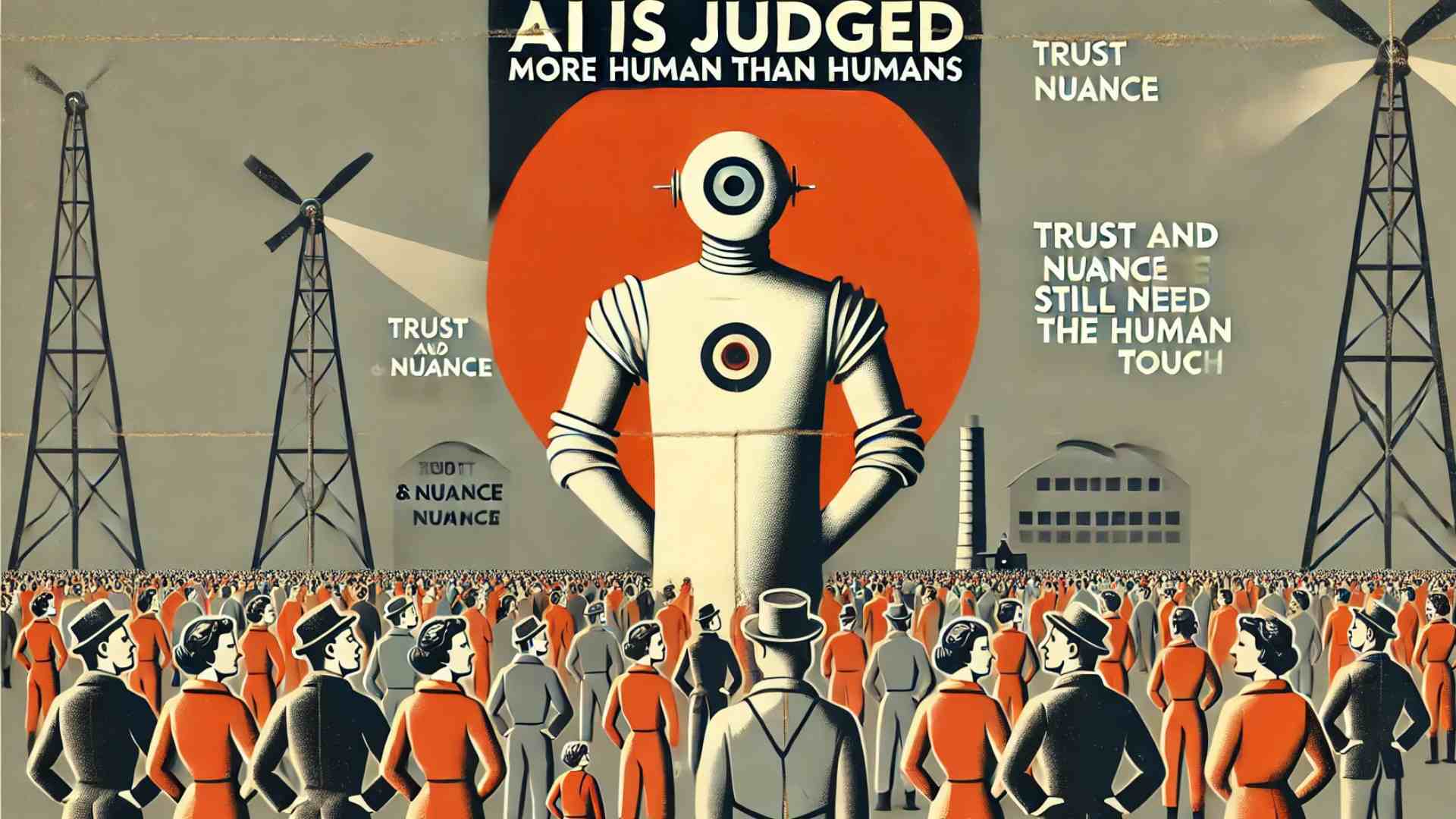
A recent study from UC San Diego has revealed something surprising: in certain situations, AI is actually perceived as more human than real people. This finding could have big implications for how investors and founders interact.
The Turing Test: A Quick Recap
The Turing Test, developed by Alan Turing in 1950, is a way to measure a machine's ability to mimic human behavior. In the classic version, a human judge has a conversation with two participants—one human and one AI—and must determine which is which.
The Inverted Turing Test: Flipping the Roles
In the Inverted Turing Test, the roles are switched. Here, an AI takes on the role of the judge, trying to figure out whether it’s interacting with a human or another AI.
Key Findings from the Study
The study found that both people and AI have a hard time telling AI-generated content apart from human-generated content, particularly in non-interactive contexts. This raises some interesting possibilities—and challenges—especially for investor-founder relationships.
What This Means for Investors
So, what does this mean for you as an investor? Here are a couple of takeaways:
Automate Initial Outreach and Follow-Ups
With AI becoming increasingly sophisticated, you can use it to automate your initial contact and follow-up communications with founders. Since AI can now mimic human interaction so closely, founders may not even realize they’re speaking with a machine.
Bring in the Human Touch Early
While AI can handle the initial stages, human interaction is crucial once a founder responds. Not only is it more likely that the founder will detect AI in a back-and-forth conversation, but human interaction also helps build trust—something essential in any investor-founder relationship.
Why Human Interaction Still Matters
Even though AI is getting better at passing for human, it can’t replace the value of real human interaction in two key areas:
Building Trust: Authentic human communication is crucial for developing trust, which is foundational to any successful investment relationship.
Understanding Nuance: Human investors are better equipped to understand and respond to the subtle needs, motivations, and personalities of founders.
Make AI Work for You
AI can be a powerful tool for scaling and optimizing the early stages of investor-founder interactions. However, human involvement remains irreplaceable when it comes to building genuine relationships and understanding the complexities of startup dynamics. Use AI to your advantage, but remember that trust and nuance are still best handled by humans.
Startup Hub